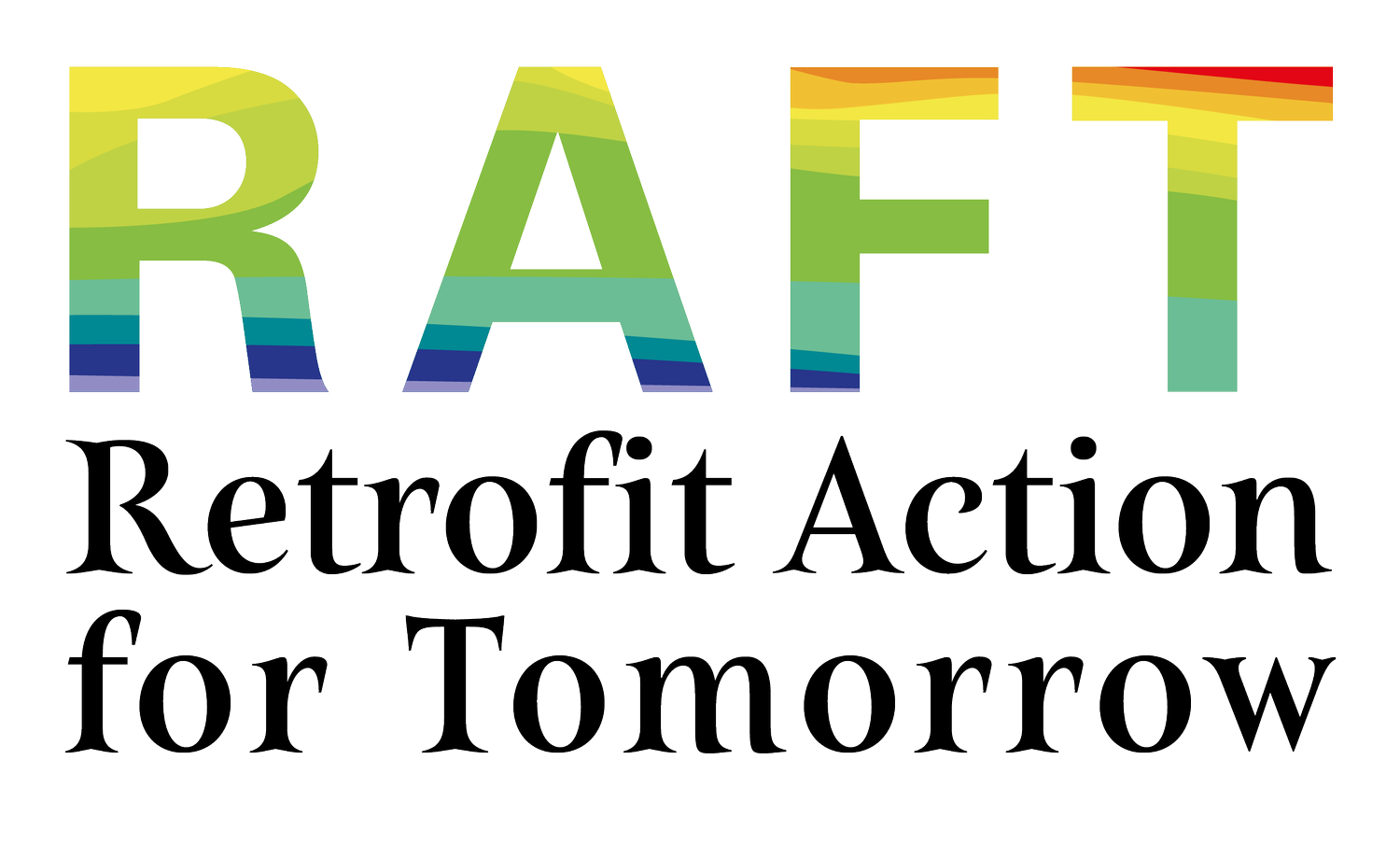14 whole school step-by-step heat decarbonisation plans
Southwark Diocesan Board of Education (SDBE) collaborated with RAFT on a Low Carbon Skills Fund application (LCSF) in 2022, for which they were successful and directly appointed RAFT to deliver 14 whole school step-by-step heat decarbonisation plans (HDPs) along with air leakage and thermographic audits, PV, LED and heat pump feasibility studies
RAFT used online surveys; meetings with headteachers, premises managers, and business managers; and site visits to comprehensively audit the 14 existing buildings’ fabric and services. RAFT then worked with external consultants to create whole school plans for heat decarbonisation that can be delivered as short, medium and long-term measures. All projects achieve over 60% reduction in energy use through short-term and medium-term works with a focus on sensible, non-disruptive and reasonably costing measures that can quickly lead to decarbonisation.
The HDPs have since been used by Salix (the funding body) as exemplars in their training webinars, due to the whole building retrofit approach they take.
RAFT created a thermal model of each school, with the data exported and used within the PHPP modelling software to understand different options for retrofit. The model helps to identify the most effective measures in terms of cost, energy saving, and health and wellbeing.
The RAFT Heat Decarbonisation Plans, always propose a whole building solution approach to retrofit. This gives optimal benefits across cost, energy saving, carbon use, and health & wellbeing. When combined, measures such as insulating a building, can reduce the size of an ASHP, reducing the need to increase electrical loads in schools, whilst maximising the benefit of technologies such as ASHPs.






















